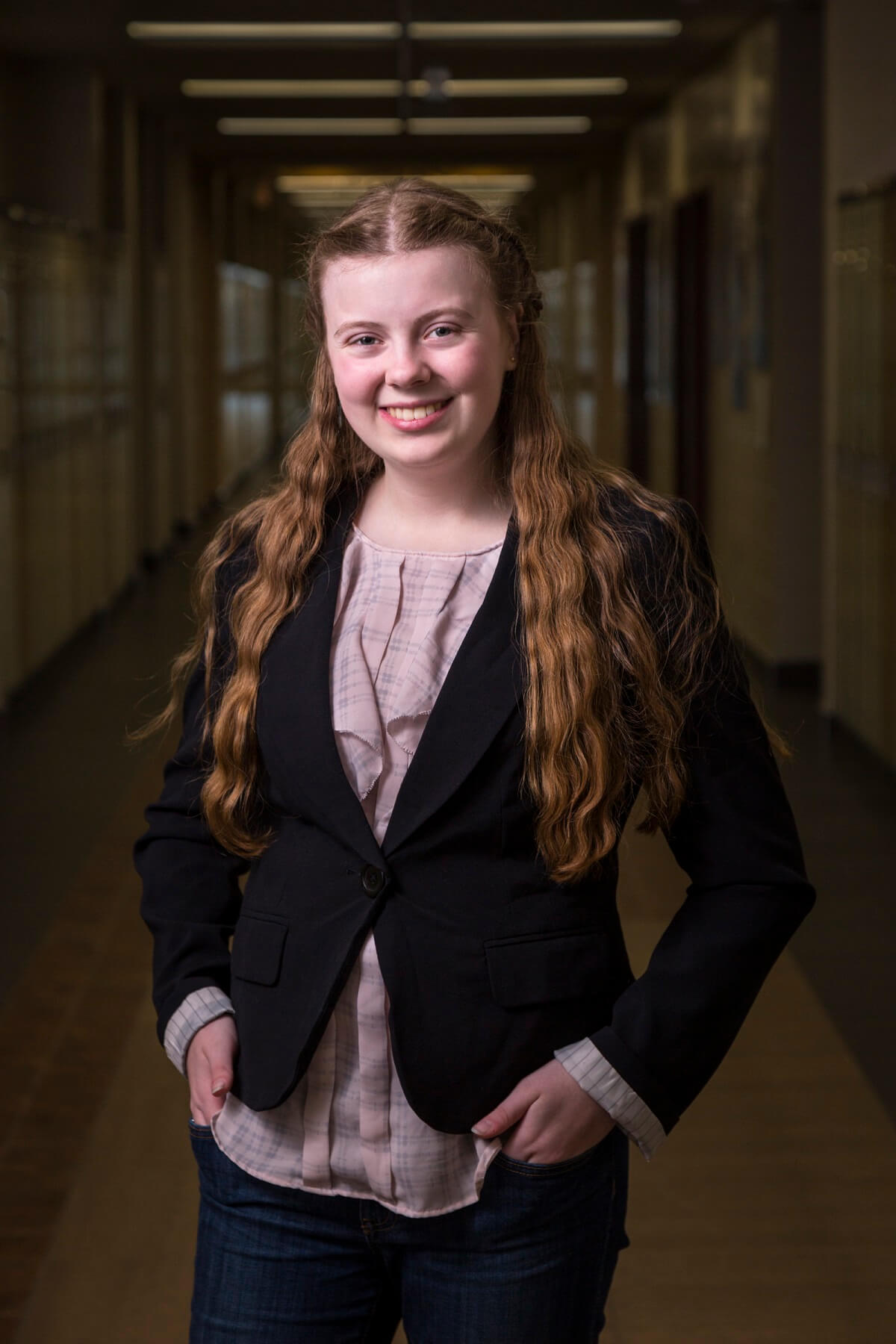Action Needed to Aid Women and Girls in Science in Northern/Remote Communities
Author(s):
Emily Cross

Action Needed to Aid Women and Girls in Science in Northern/Remote Communities
When I meet other scientists, I am proud to say that I come from Northern Ontario. I’m proud to say that I come from Northern Ontario because I am evidence to others, that people in Northern and remote communities can do valuable research.
I come from a fairly large city in Northern Ontario, but as a youth scientist, especially a female youth scientist, it can be very difficult to obtain access to equipment, lab space, programs and mentorship.
First, there are very few local STEM education programs, and very little educational support. Most teachers offer no support to students who wish to do research outside the bounds of standard classroom assignments. (This is particularly true in secondary schools, as evidenced by declining participation numbers in our regional science fair, robotics clubs, and math competitions). There are also very few extra-curricular STEM programs for youth in general, and girls in particular. There are few opportunities for them to experience different fields of science. As well, there is a lack of STEM mentorship programs, especially connecting experienced female scientists with young girls. There is also a noticeable lack of access to hands-on lab experience and field work STEM opportunities. One of the few programs that are available in Northern Ontario is SHAD, however, in rural and remote communities it remains one of Canada’s best kept secrets due to lack of local publicity, therefore very few people know about it.
Second, there is a lack of access to equipment. In my community, there is a university and college, however due to a number of factors such as university student and professor demand, there is a lack of access to the equipment. As a youth researcher – perceived as inexperienced and incapable of carrying out “real” research, it can be very difficult to even obtain access to a lab. The university and college are fairly small, and therefore do not have a lot of equipment. If they do have a piece of equipment, there is usually only one, and it is always in use. This makes it difficult to book time to use the equipment. As well, equipment breaks, and when broken, it often takes a long time to fix, as we often have to fly in a specialized technician.
When there is no access to the equipment in our community, we must travel to either Toronto or Winnipeg to get access, which is quite expensive – and therefore a barrier for local students conducting research. If student travel is not an option, we need to out-source and risk sending our specimen samples out-of-town.
This is why is propose a policy of support for STEM education and mentorship programs targeted at girls in northern and remote communities.
After noticing, and experiencing these issues, I wanted to create change for my community. I will be talking about this at the SHAD panel, “The Missing Numbers: The Gender Gap in Canada’s Innovation Agenda”. I hope that through my advocacy, the generation of STEM students that I am mentoring will not face as many of the issues facing researchers in Northern and remote communities.

